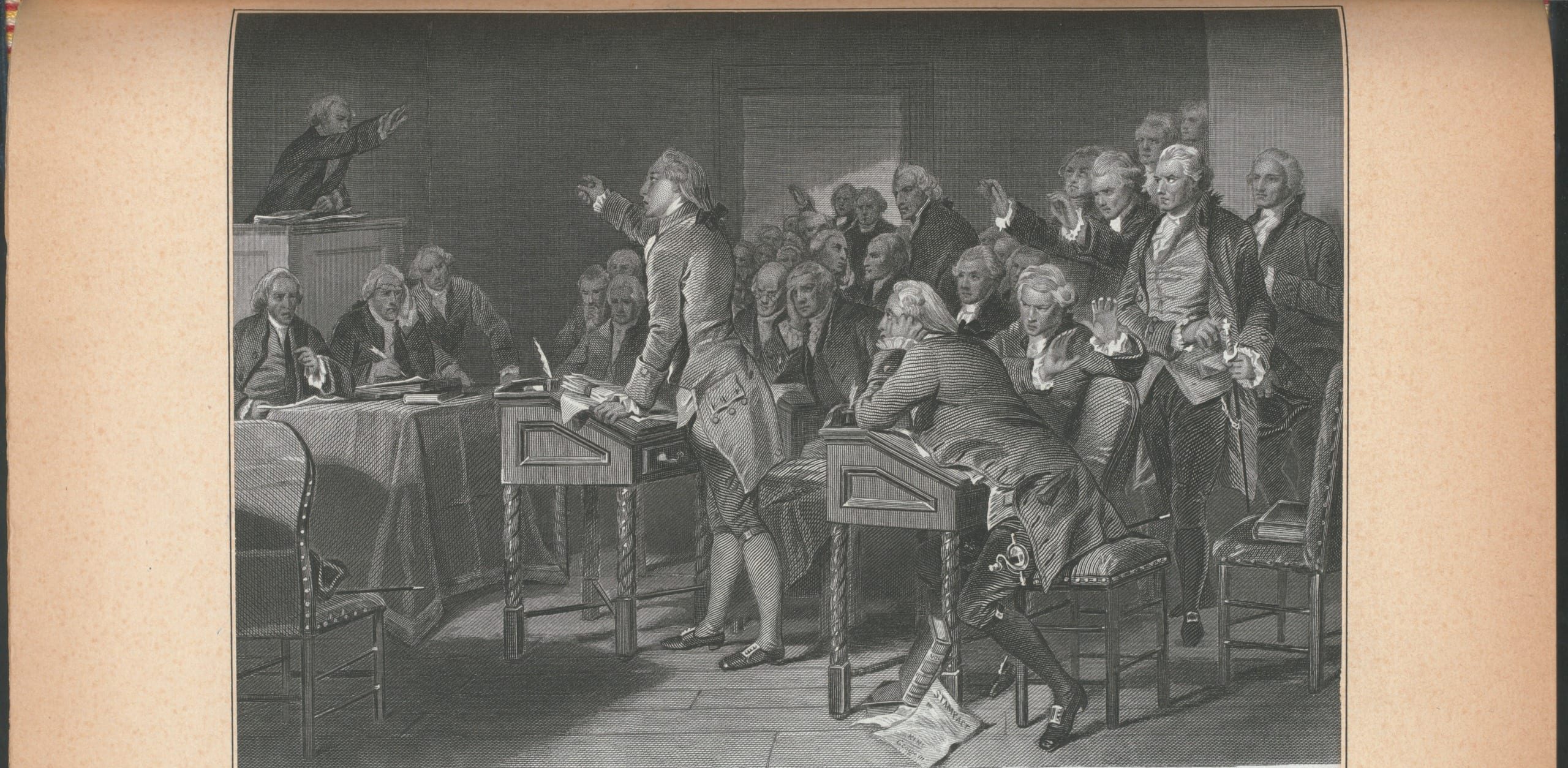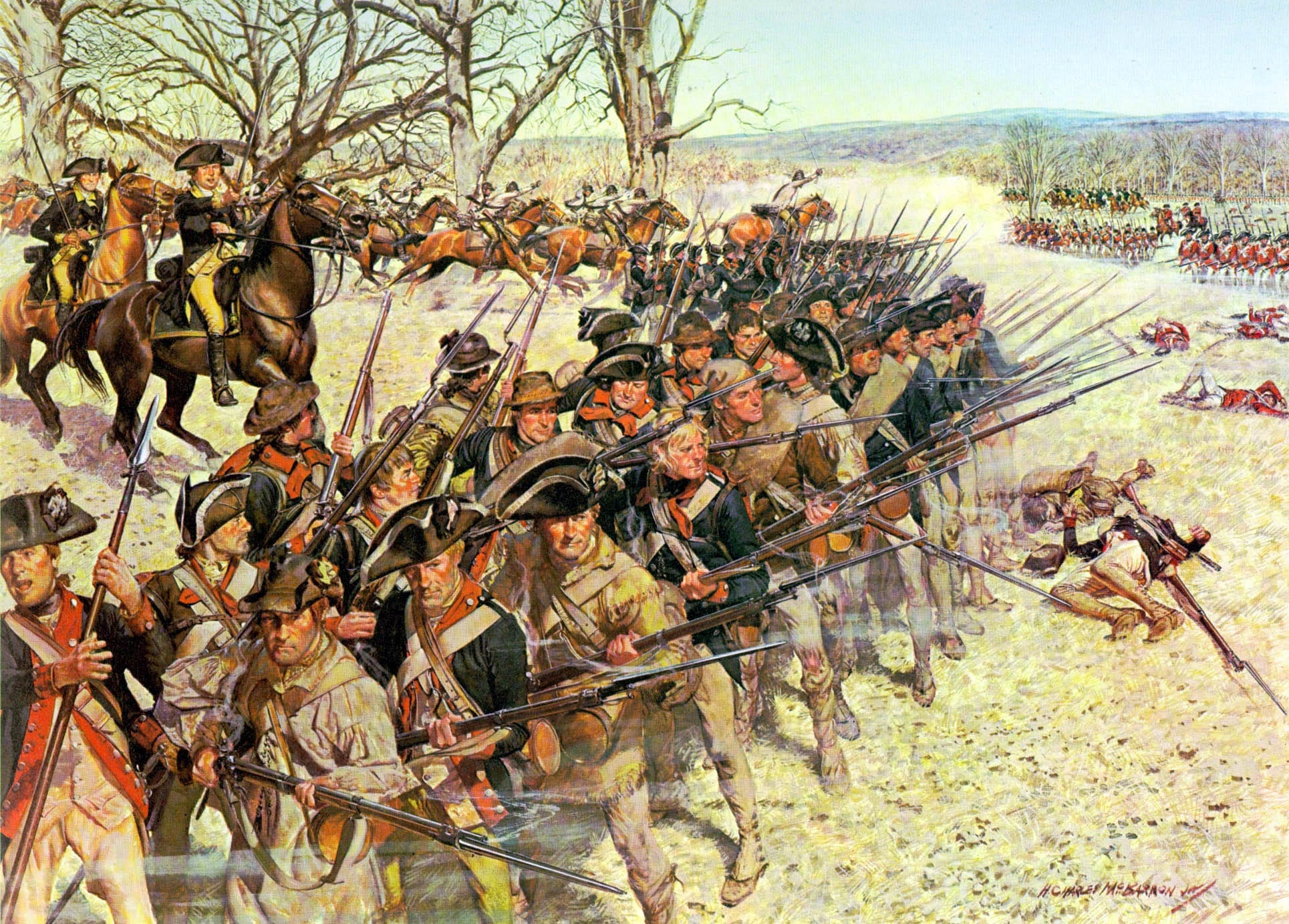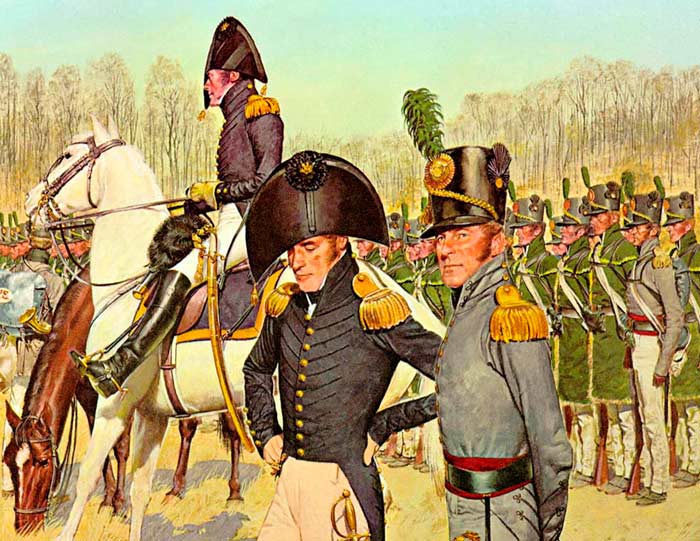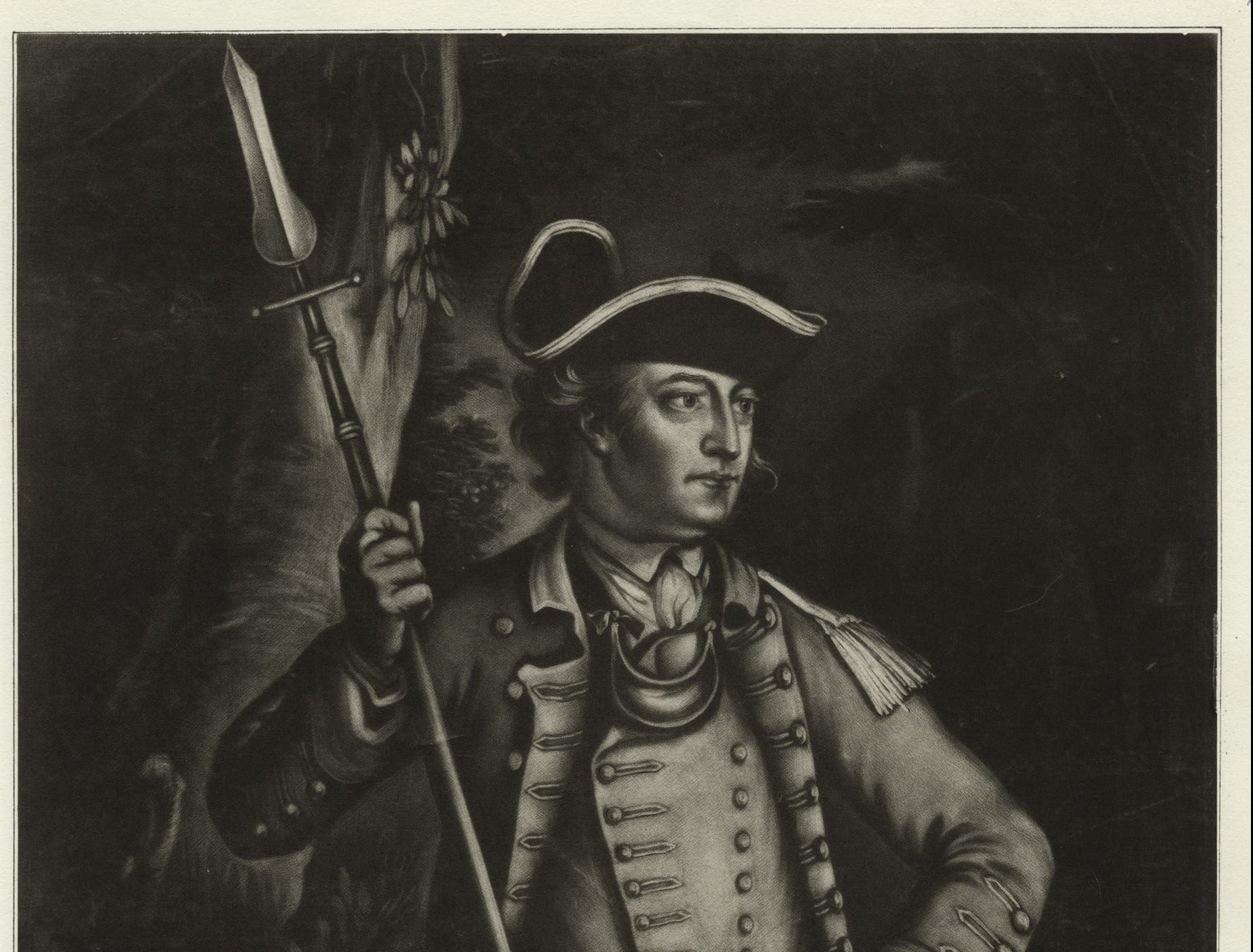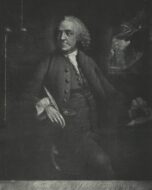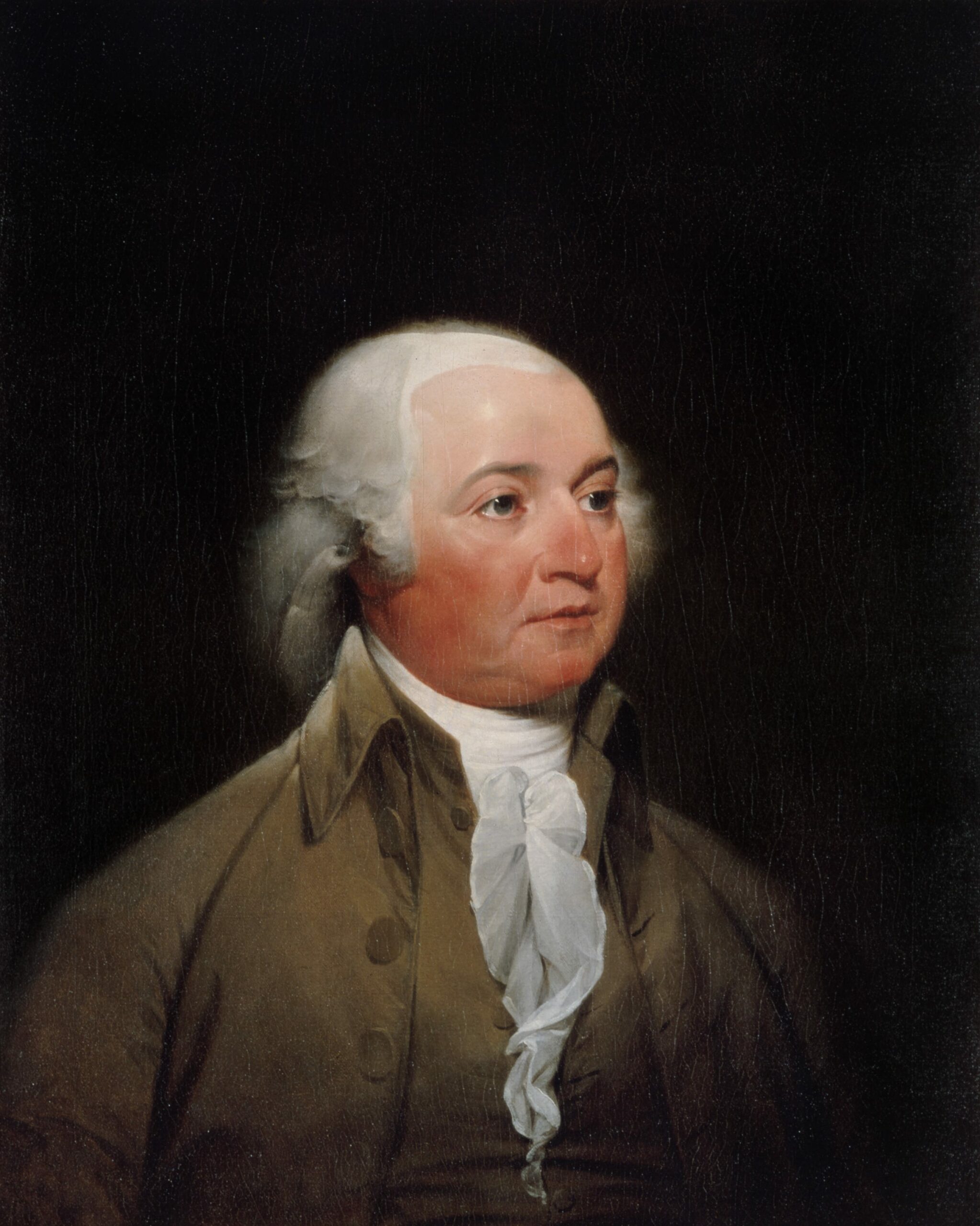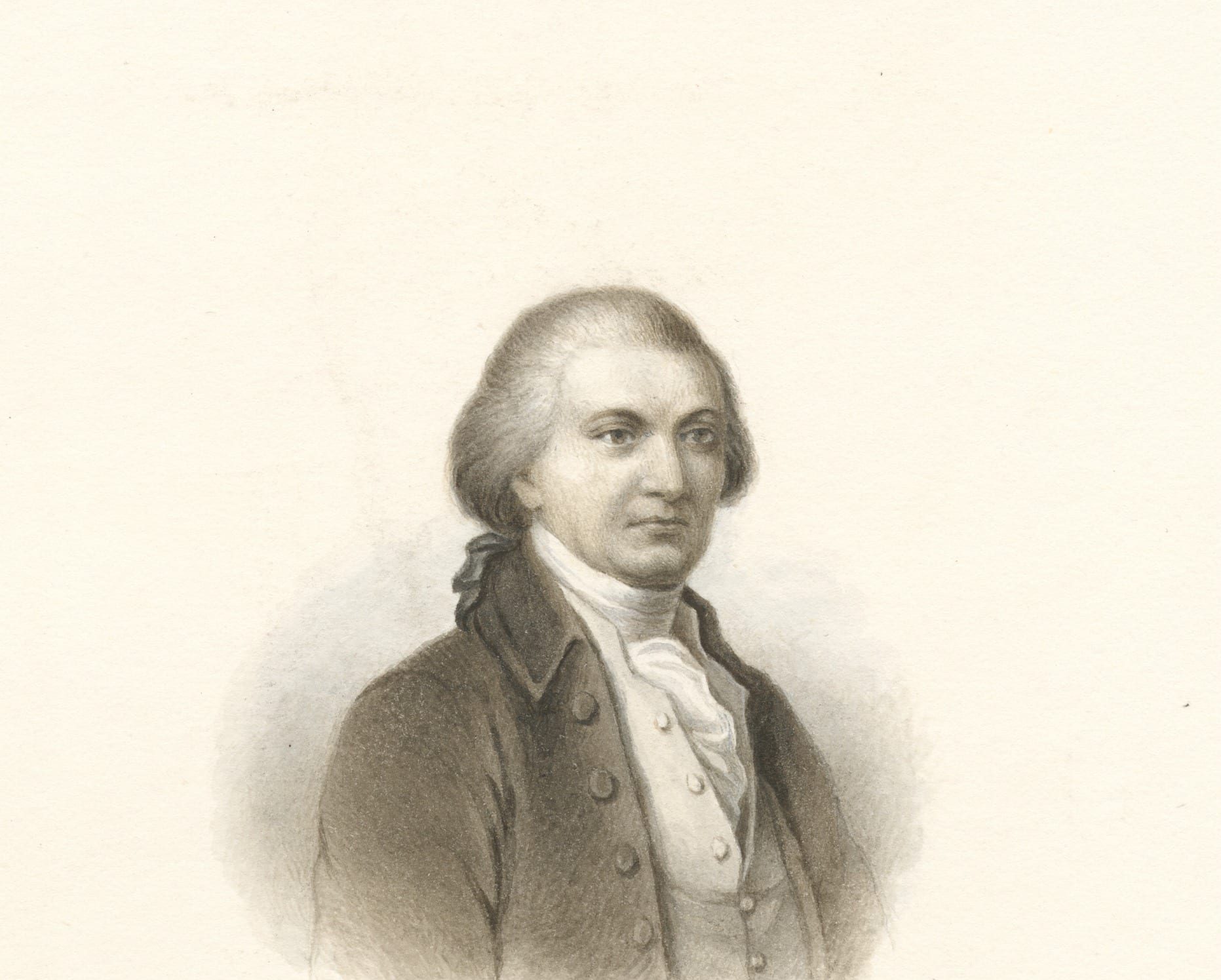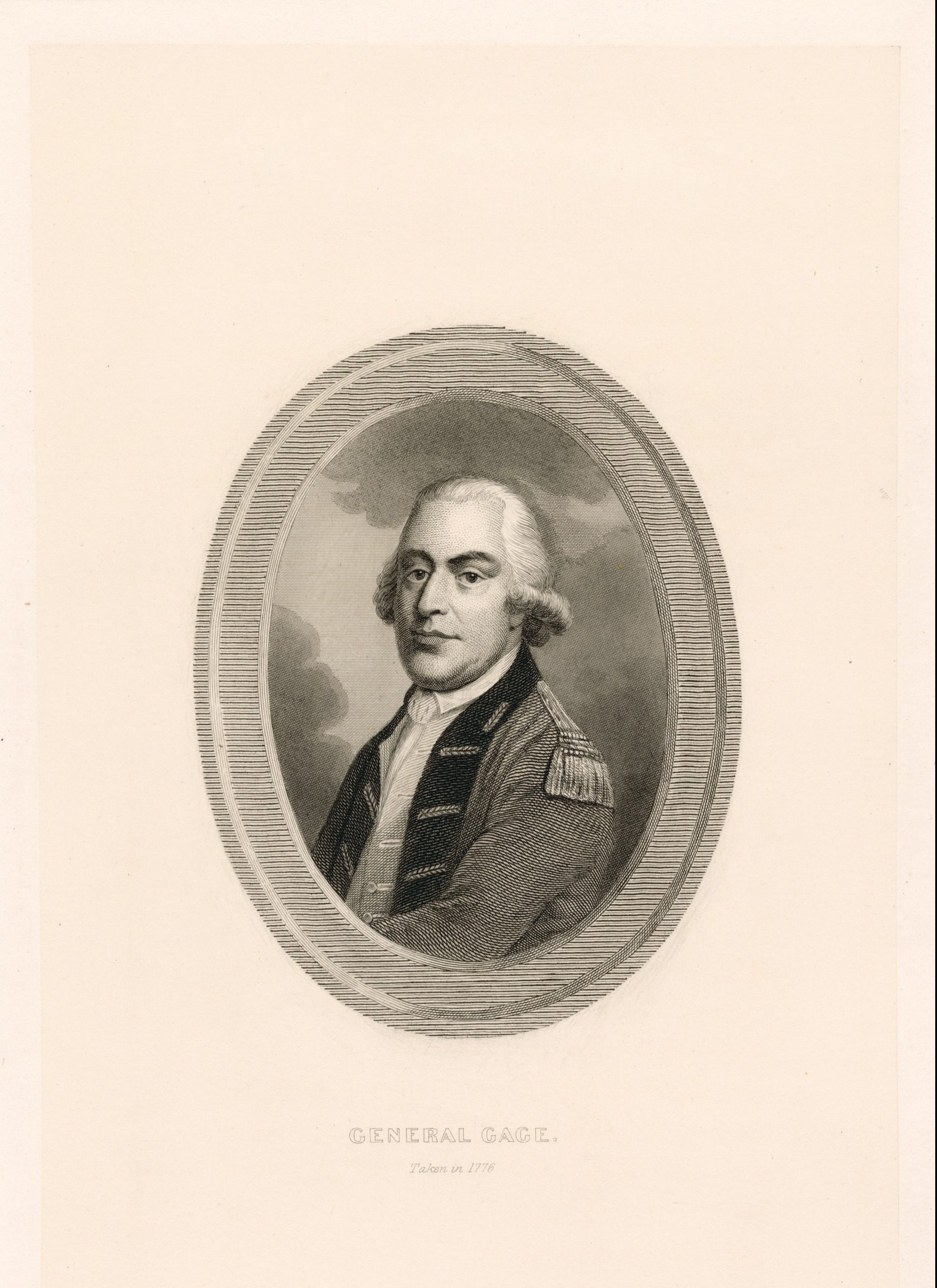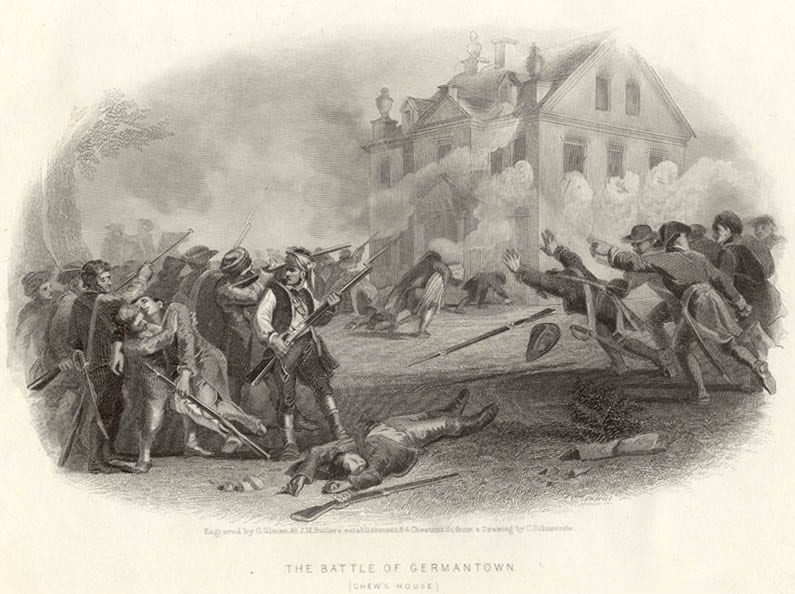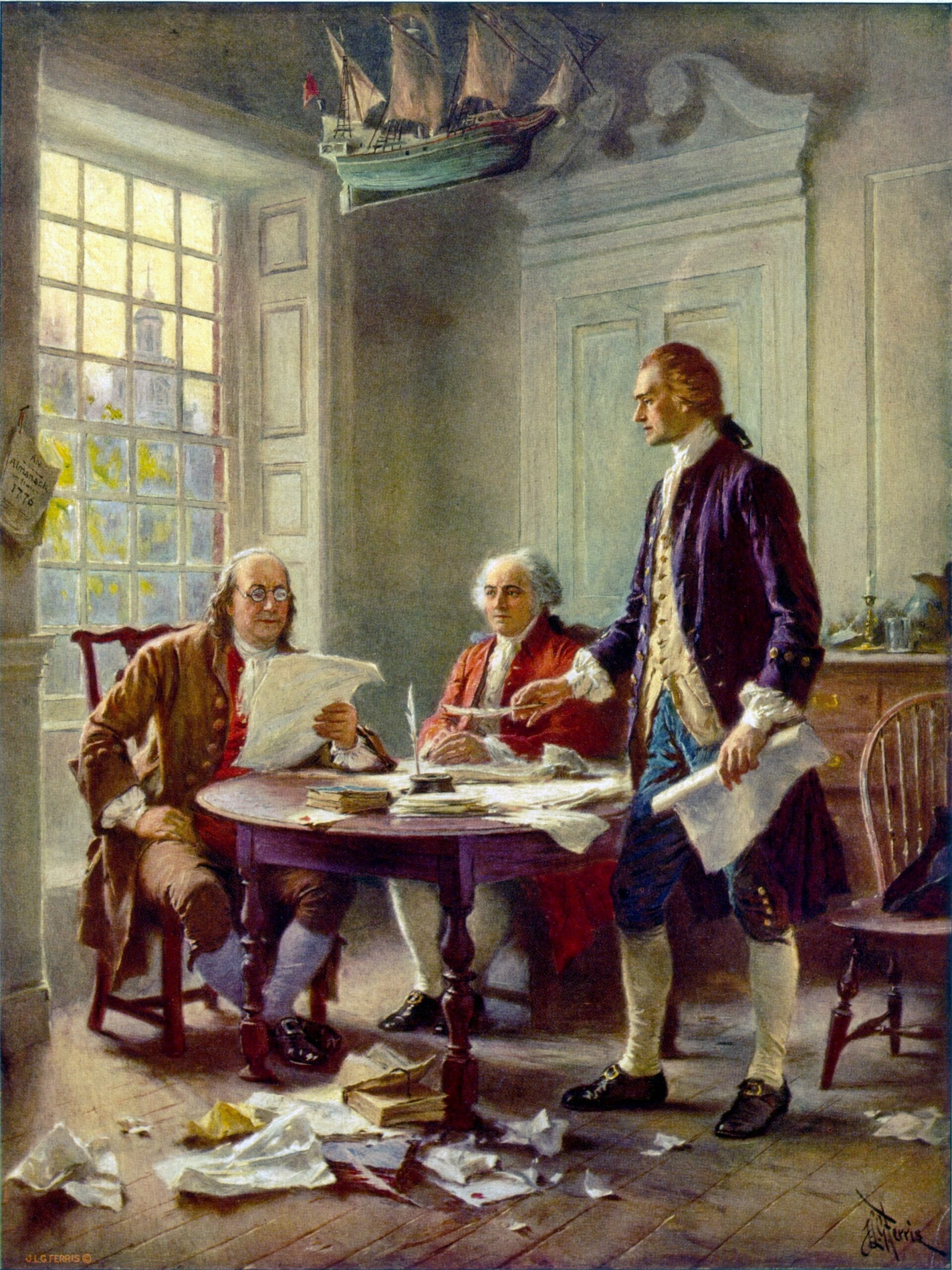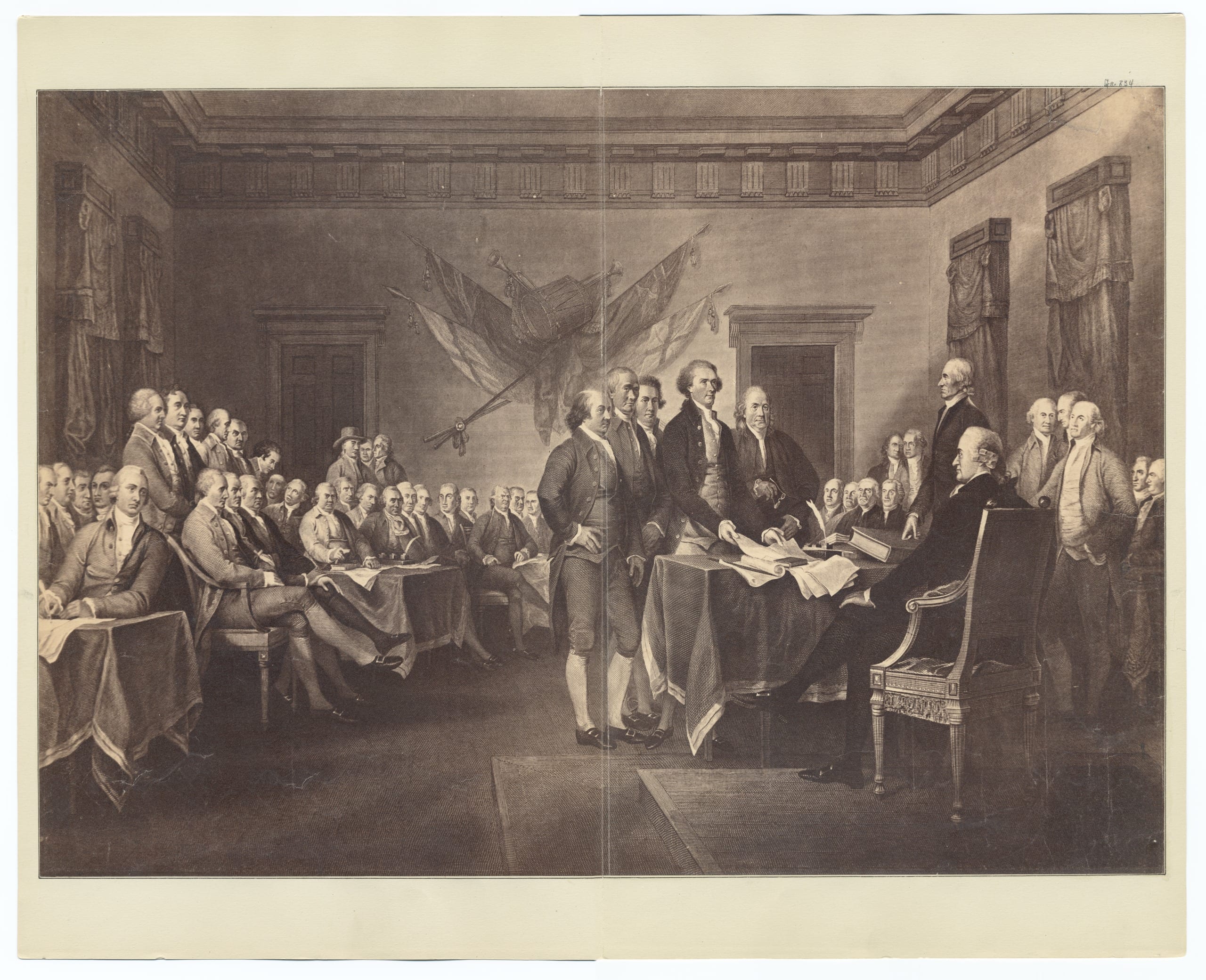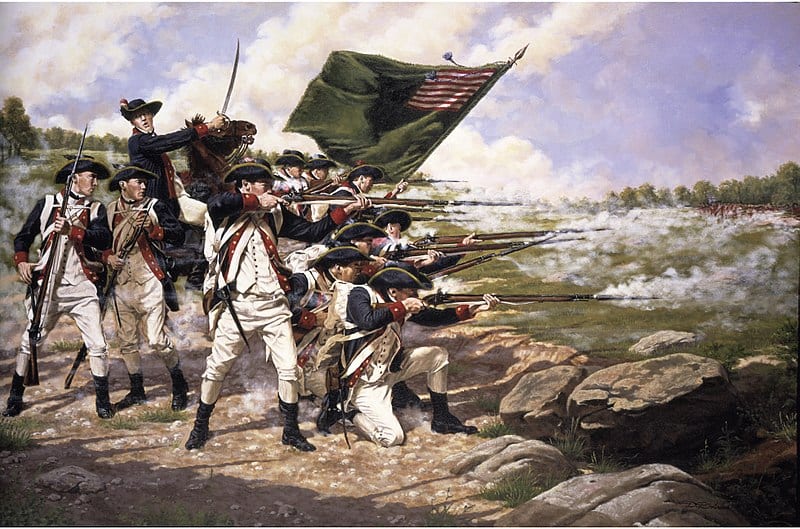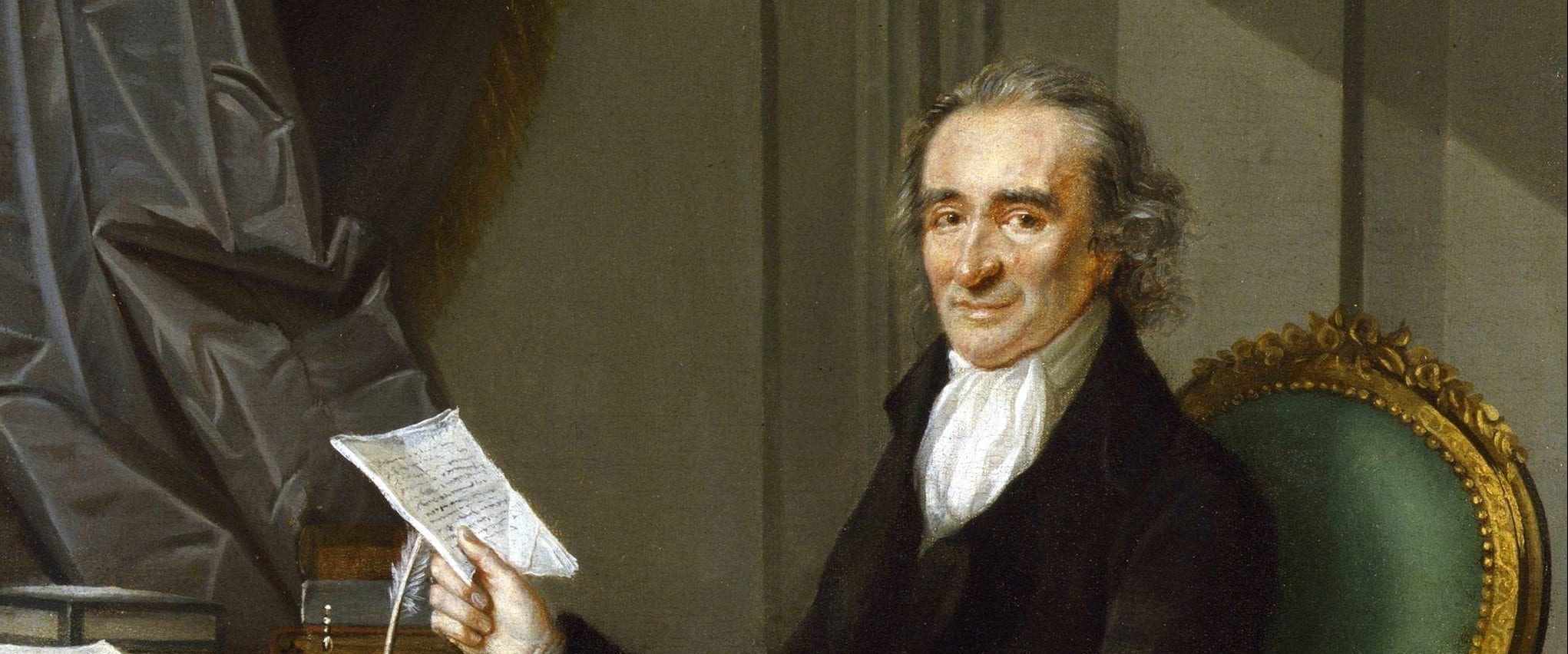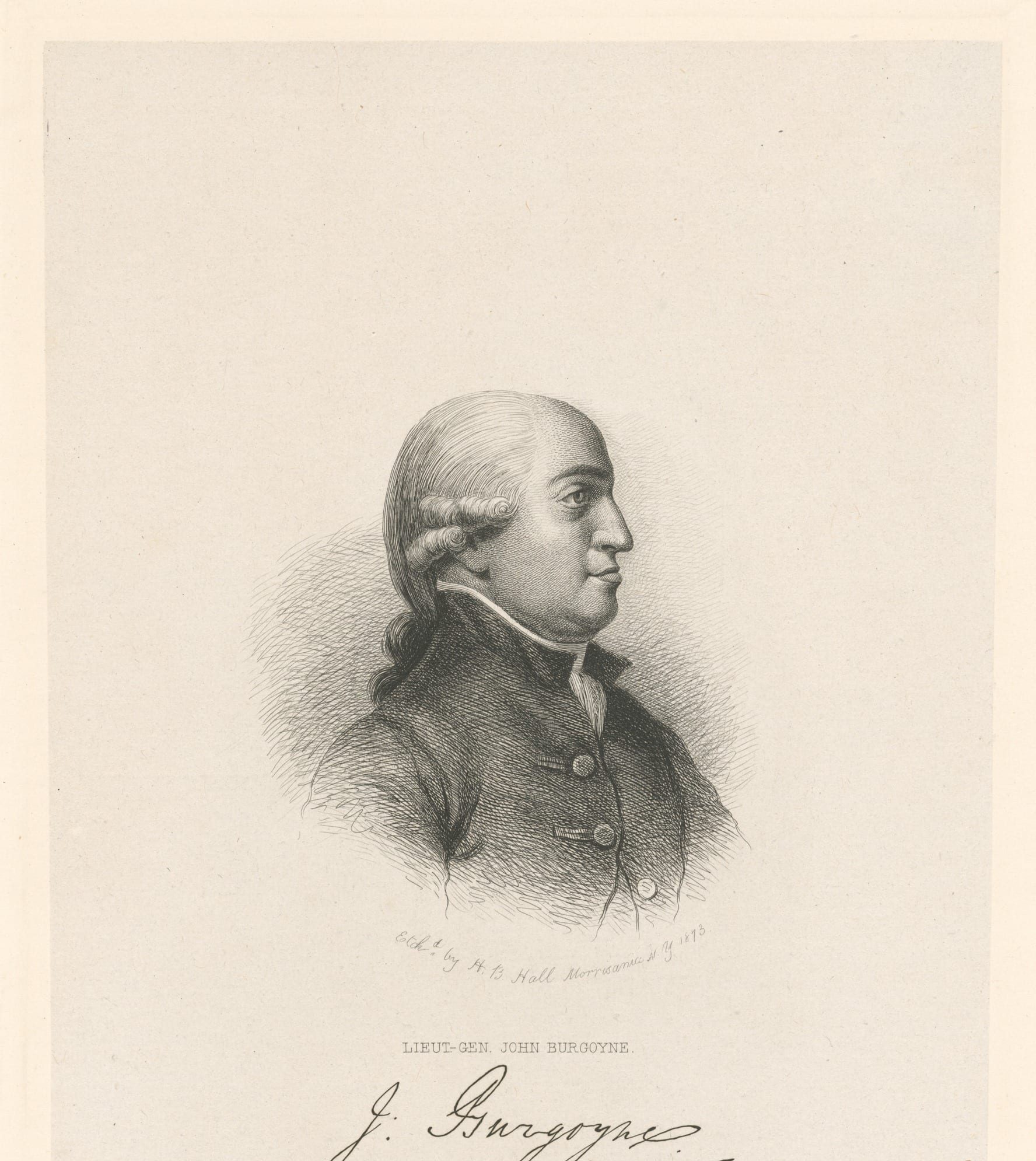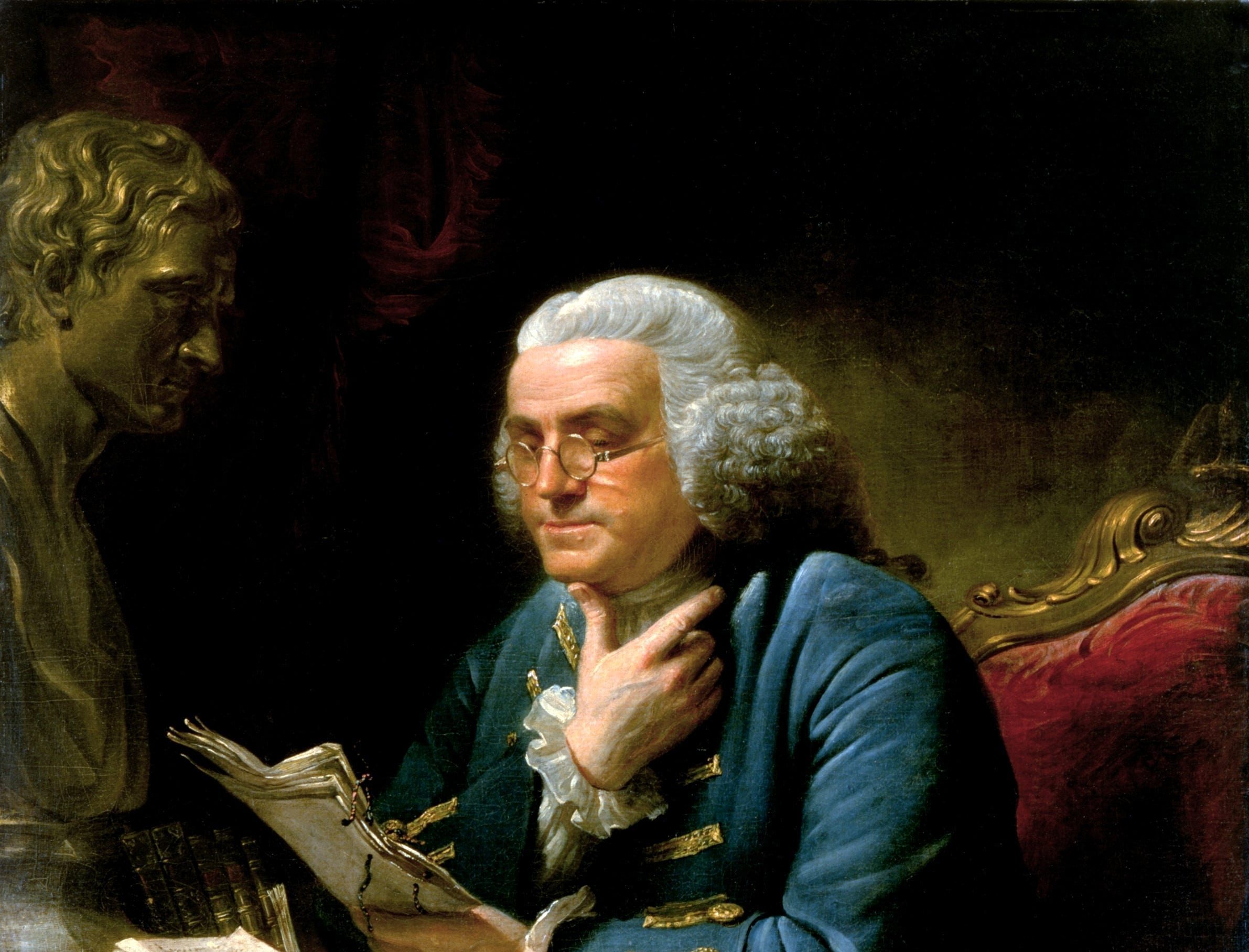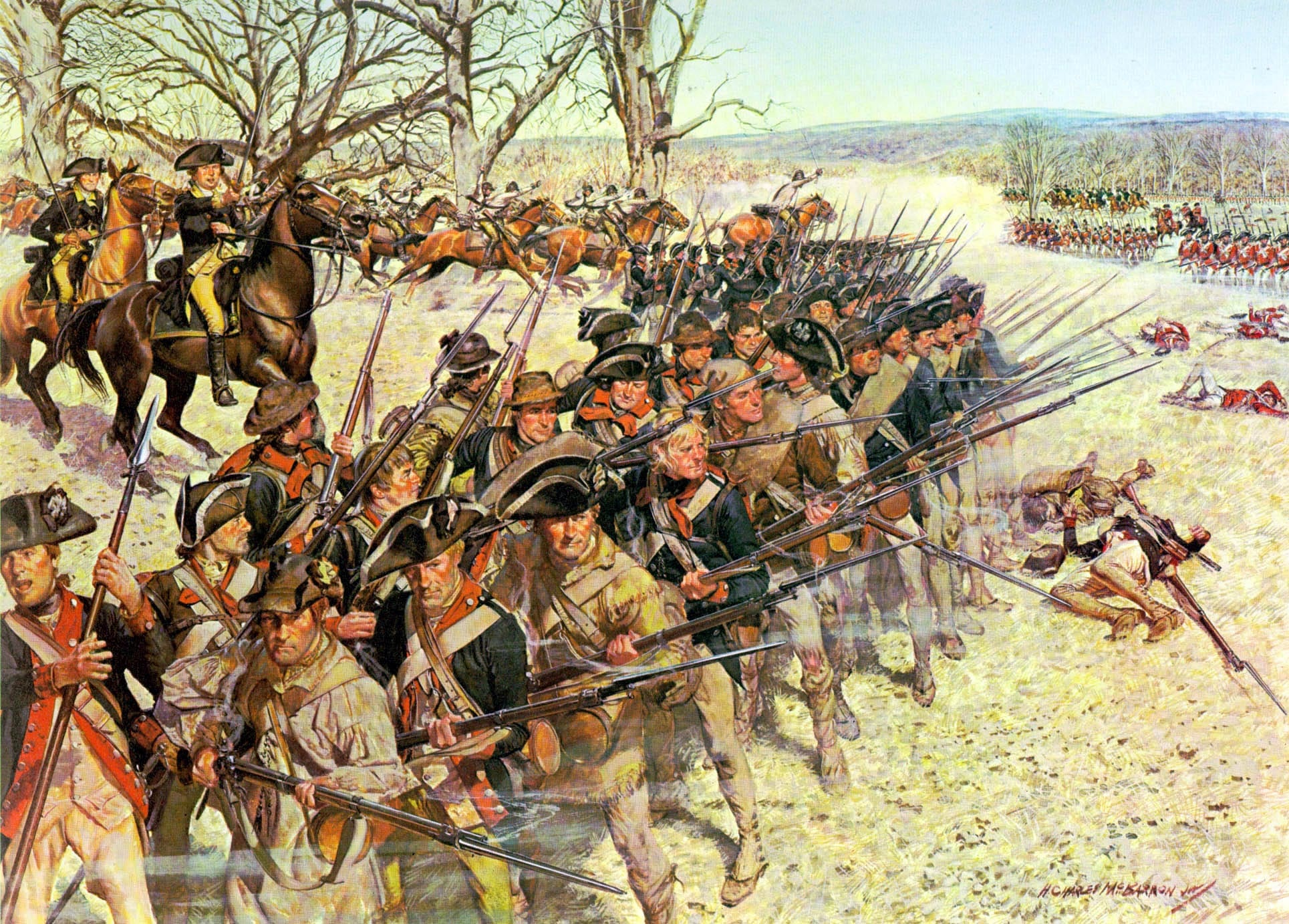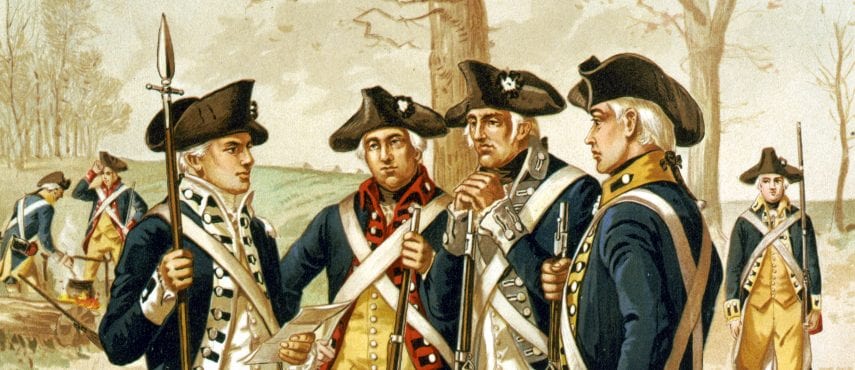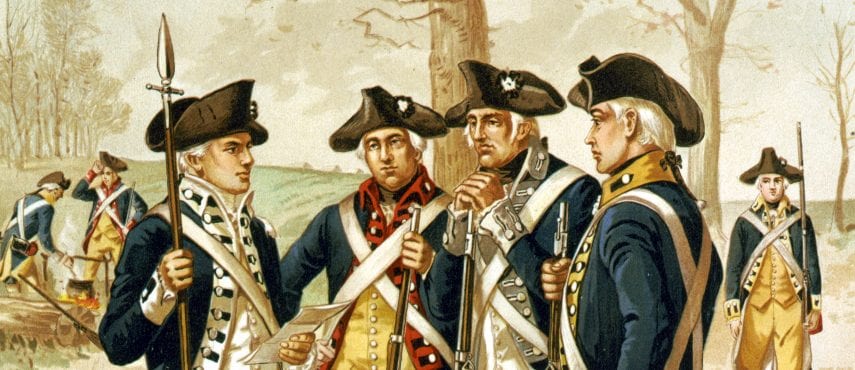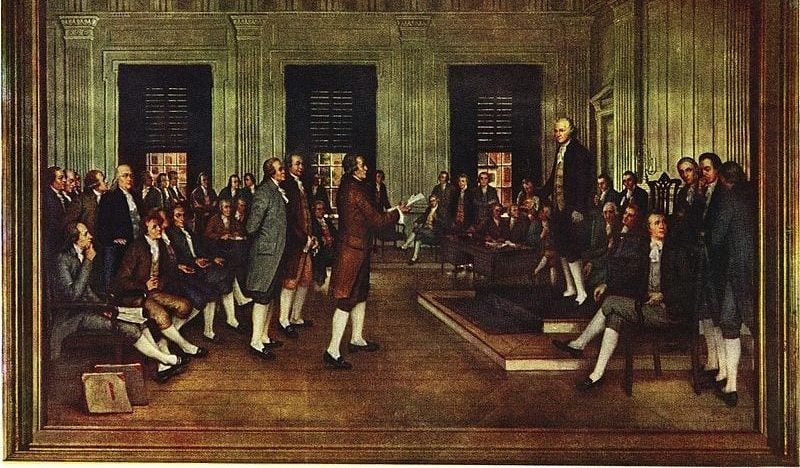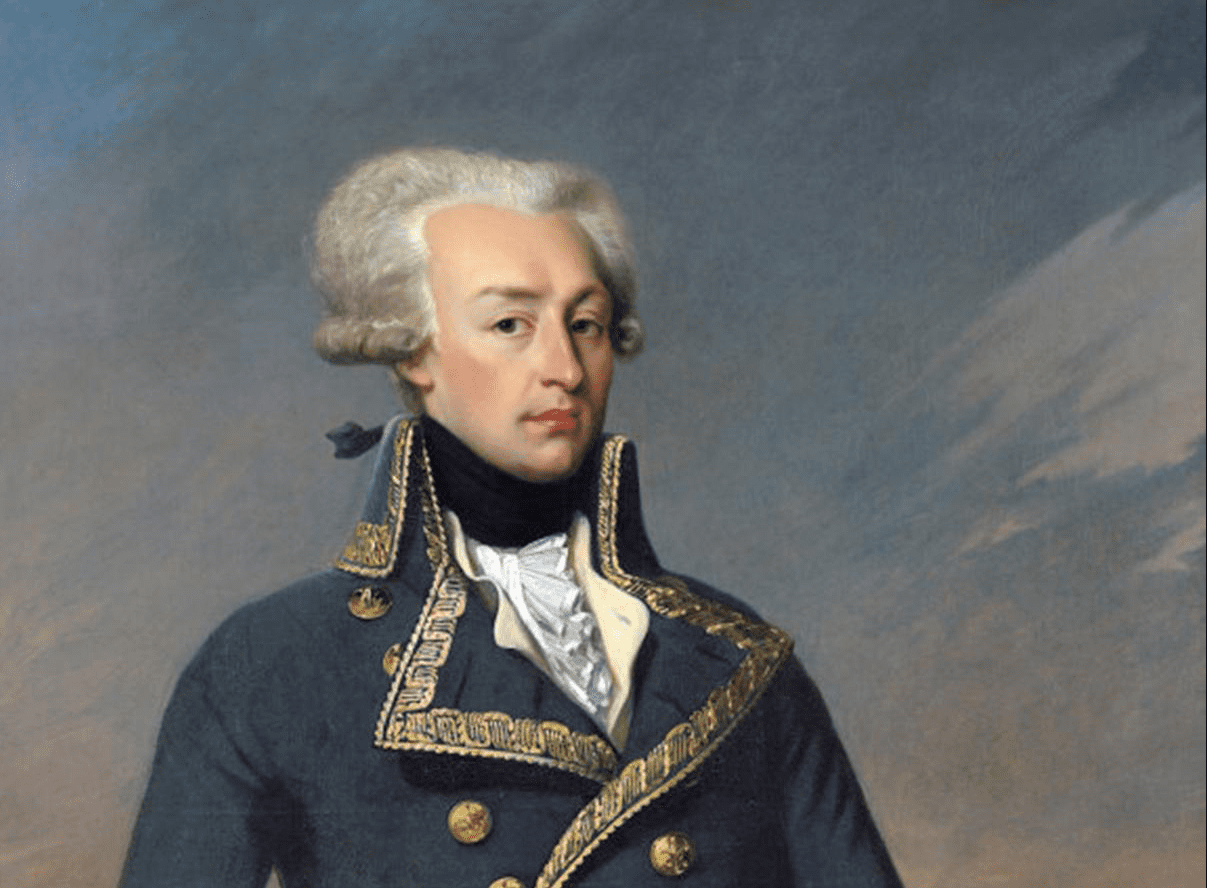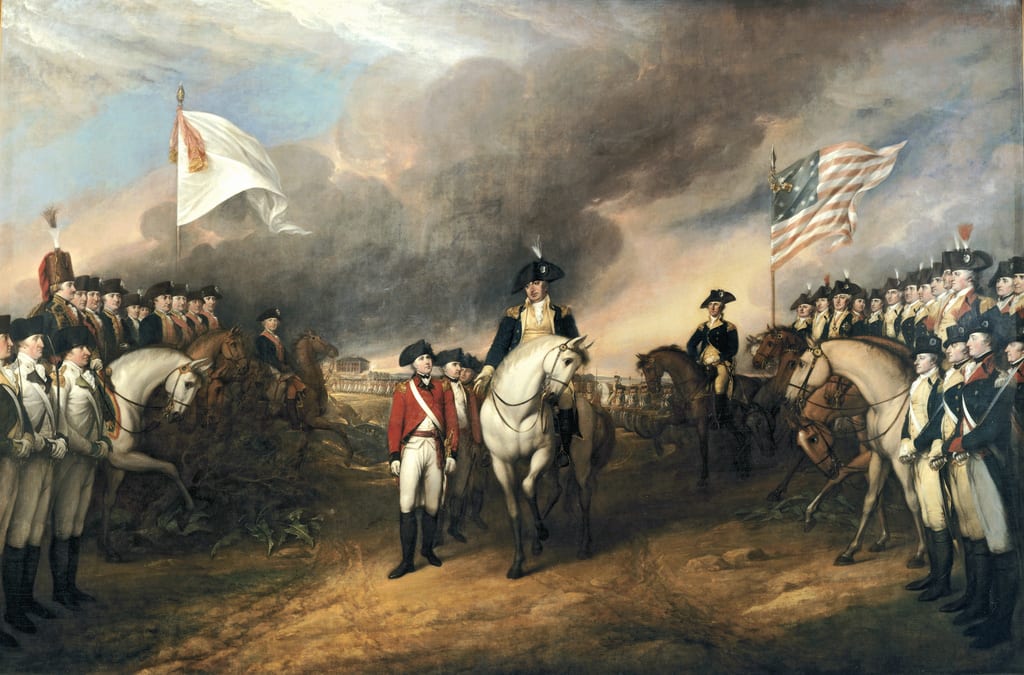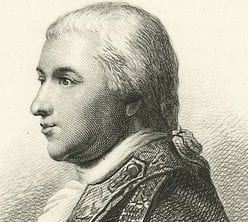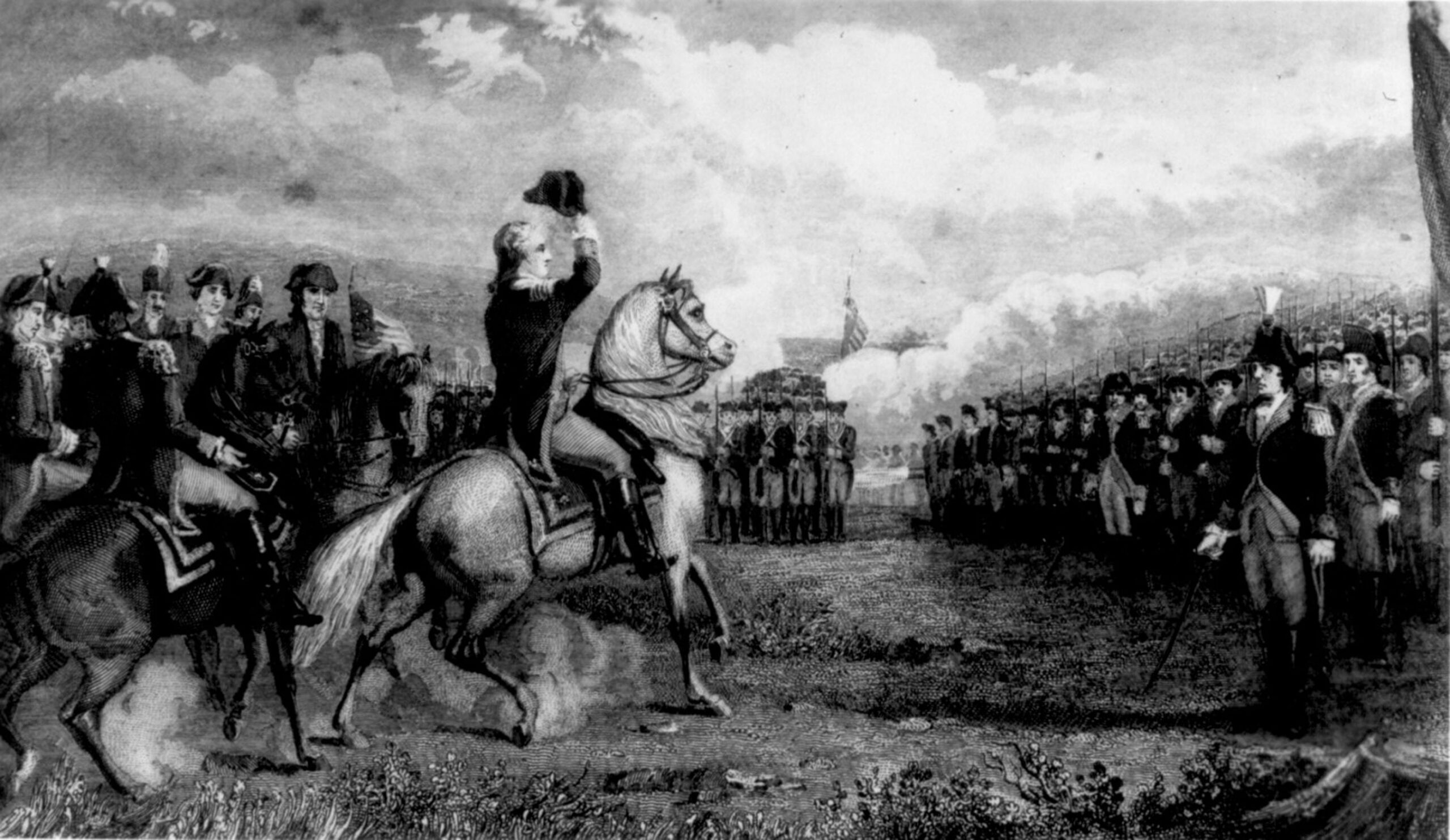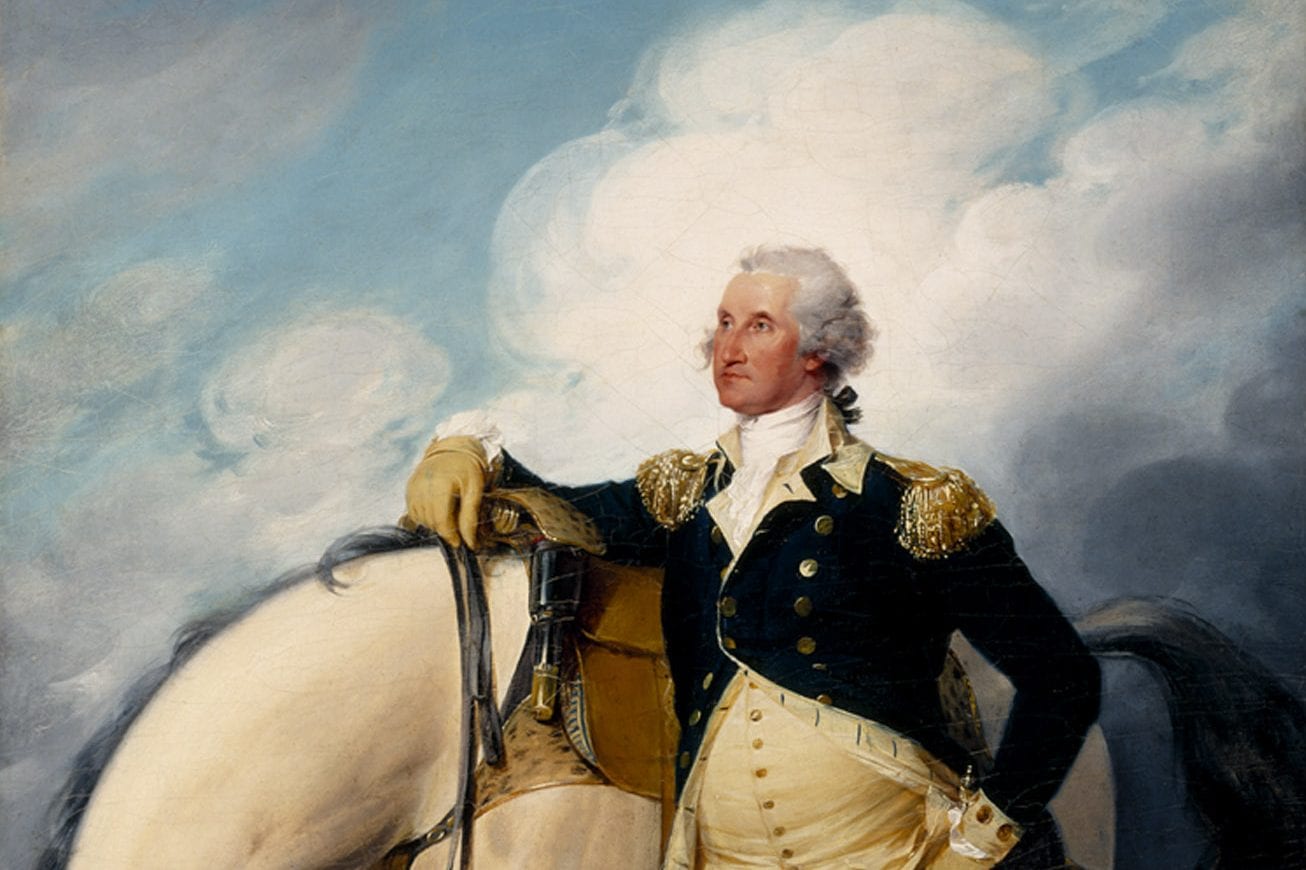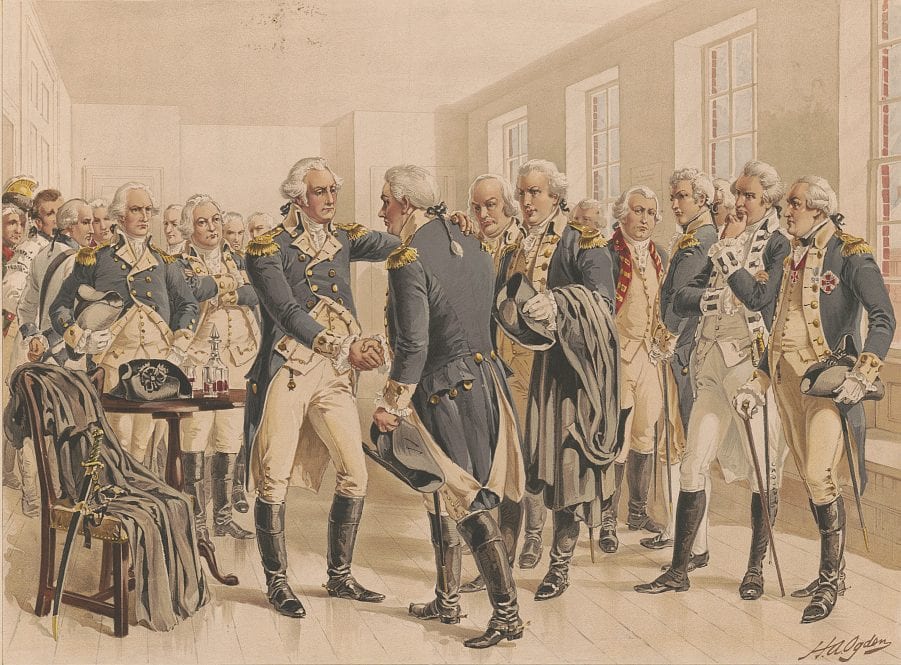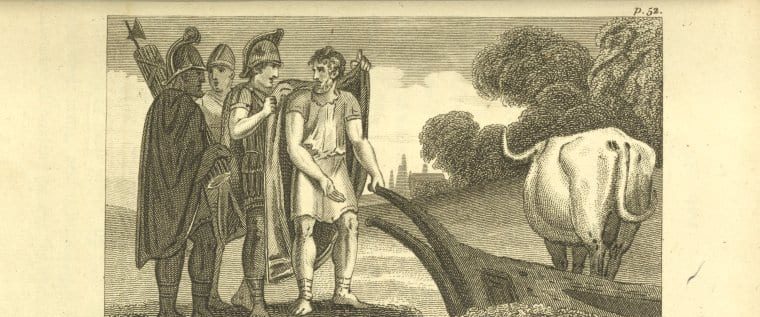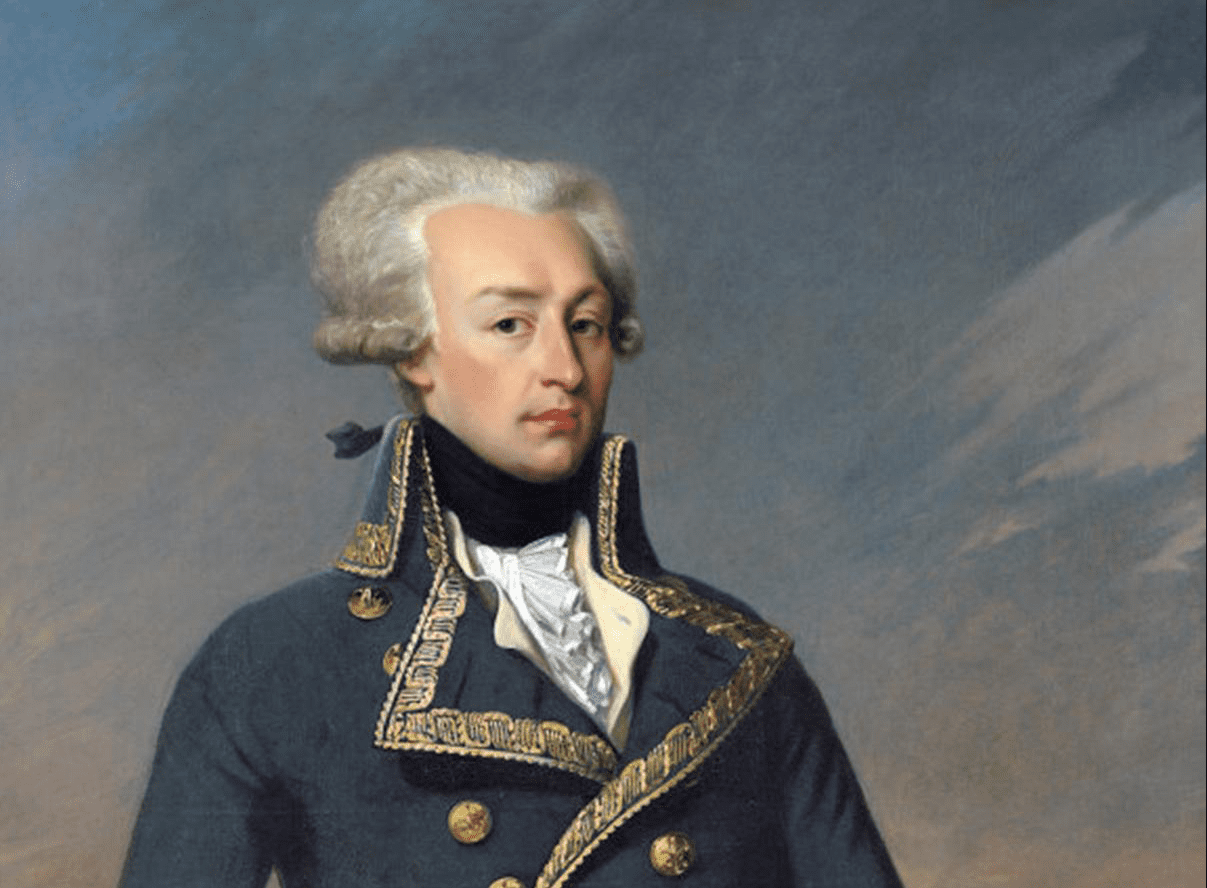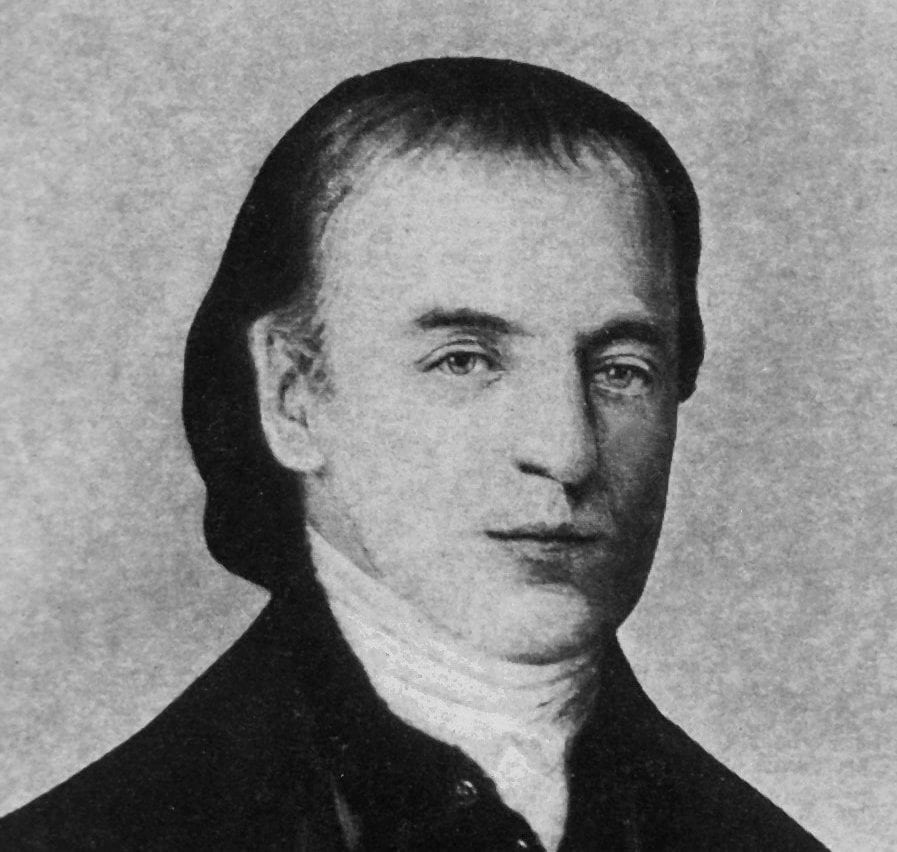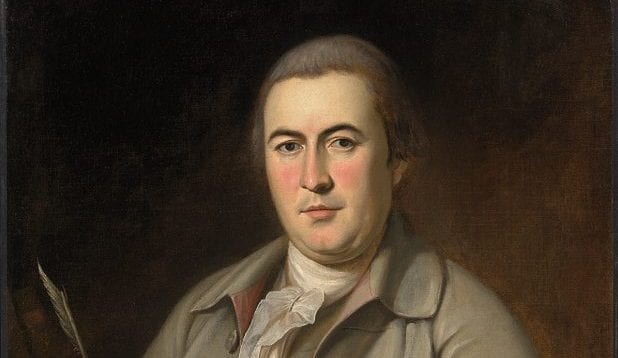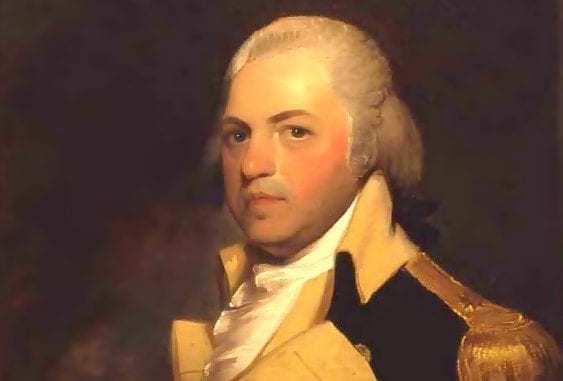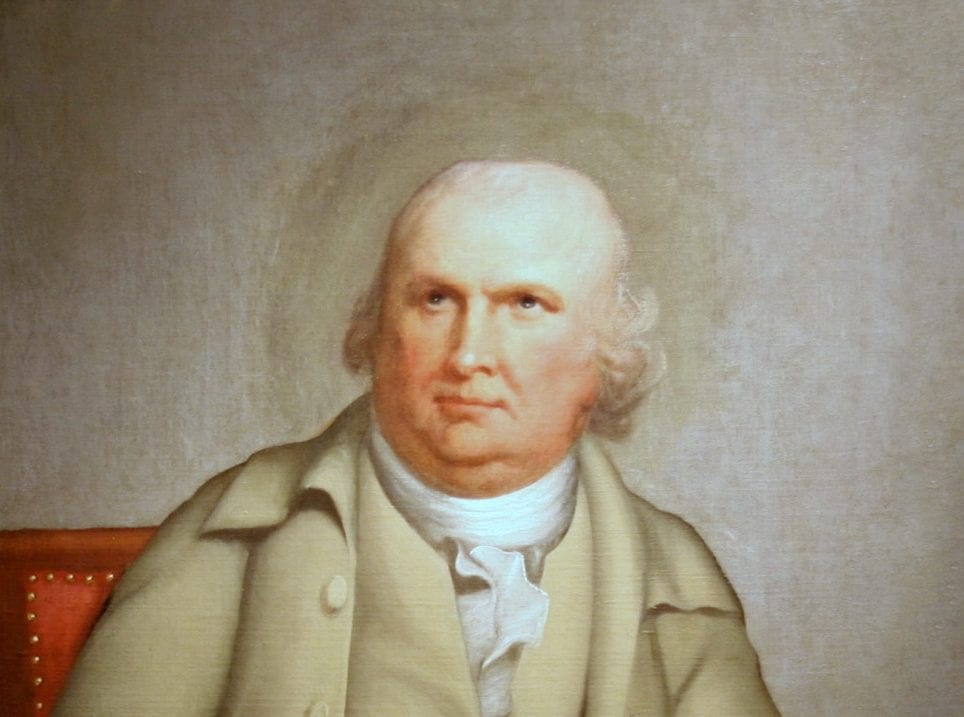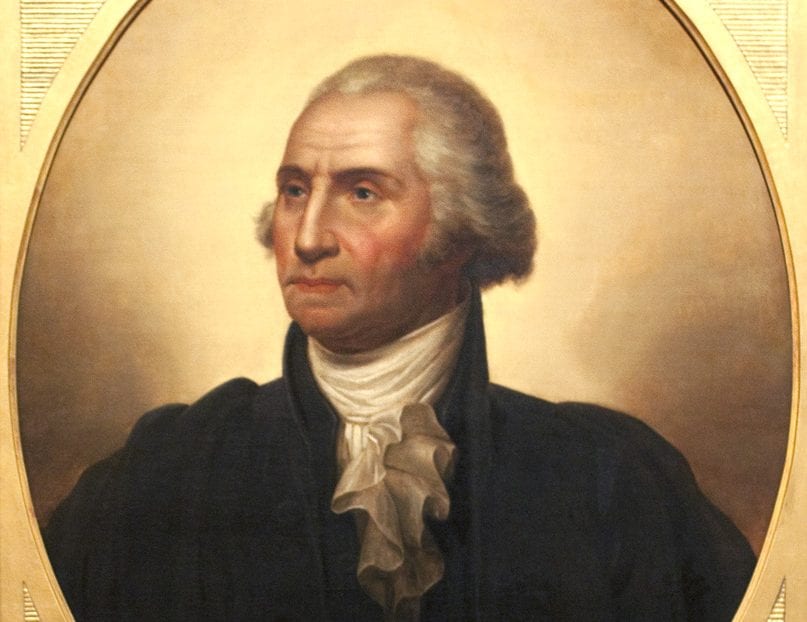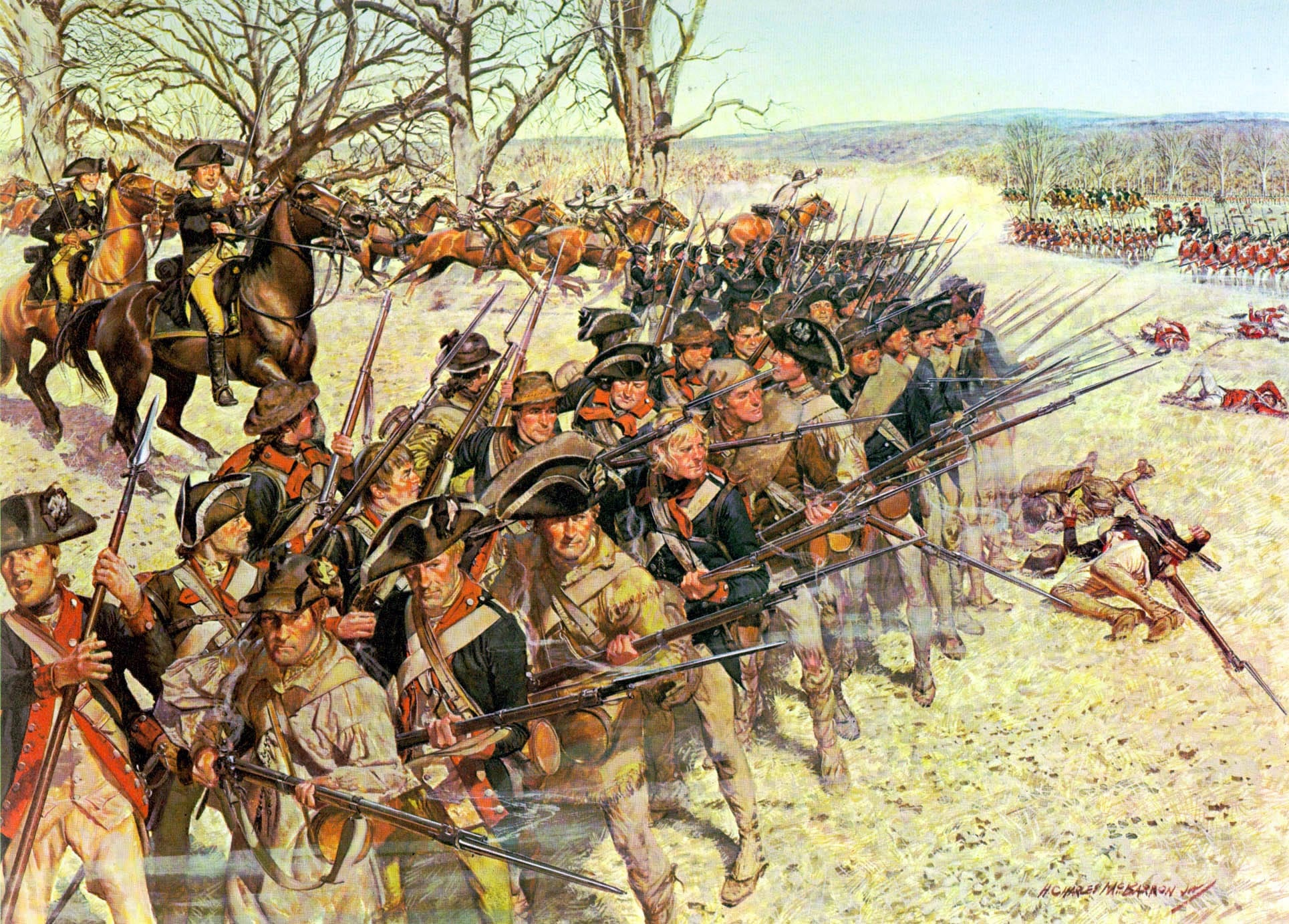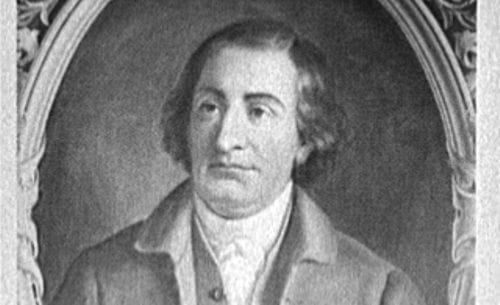

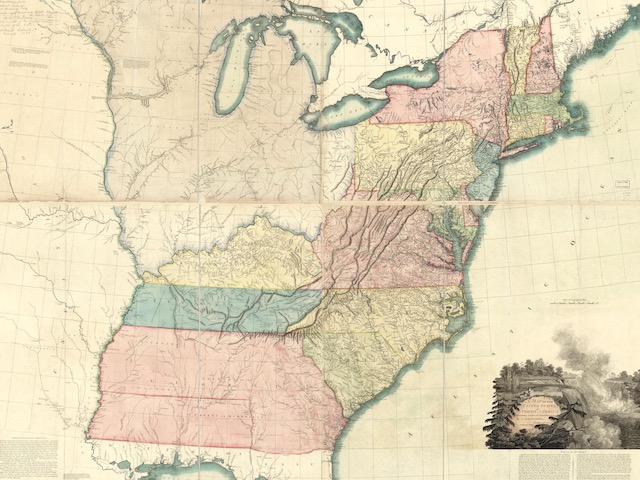
No related resources
Introduction
After the victory in the Revolutionary War, the Confederation Congress had to determine how to govern lands west of the original thirteen states—particularly those of the so-called Northwest Territory, the land north of the Ohio River. The question was urgent because the British still occupied military posts in the territory. There were serious disagreements among competing landowners, who also claimed lands in the possession of the Indian tribes, leading to violent altercations. The first attempts to have the settlers organize their own government failed.
Following the principles outlined by Thomas Jefferson in the original ordinance of 1784, the authors of the Northwest Ordinance spelled out a plan that was subsequently used as the country expanded to the Pacific. The new states (which eventually became Ohio, Illinois, Indiana, Michigan, and Wisconsin; parts of Minnesota were also included) would be admitted into the Union on equal terms with the original states following a three-stage method: a congressionally appointed governor, secretary, and three judges to govern in the first phase; a territorial assembly and one nonvoting delegate to Congress to be elected in the second phase; and a state constitution to be drafted and membership in the Union to be requested in the third phase once the population reached 60,000. The new state constitution had to be republican in form. The ordinance protected religious freedom and other individual rights, and emphasized the importance of religion and education. The territorial government was prohibited from taking Indians’ tribal lands and property without their consent. It prohibited slavery (although it also contained a fugitive slave clause). As slavery was not prohibited in the territory to the south, this effectively introduced a dividing line between nonslave and slave states that would affect expansionist policies up through the Civil War (See Speech to Congress and Speech on the Repeal of the Missouri Compromise).
Source: https://www.ourdocuments.gov/doc.php?flash=false&doc=8
Section 1. Be it ordained by the United States in Congress assembled, That the said territory, for the purposes of temporary government, be one district, subject, however, to be divided into two districts, as future circumstances may, in the opinion of Congress, make it expedient. . . .
Sec. 3. Be it ordained by the authority aforesaid, That there shall be appointed from time to time by Congress, a governor, whose commission shall continue in force for the term of three years, unless sooner revoked by Congress; he shall reside in the district, and have a freehold estate therein in one thousand acres of land while in the exercise of his office. . . .
Sec. 9. So soon as there shall be five thousand free male inhabitants of full age in the district, upon giving proof thereof to the governor, they shall receive authority, with time and place, to elect a representative from their counties or townships to represent them in the general assembly. . . .
Sec. 11. The general assembly or legislature shall consist of the governor, legislative council, and a house of representatives. The legislative council shall consist of five members, to continue in office five years, unless sooner removed by Congress; any three of whom to be a quorum; and the members of the council shall be nominated and appointed in the following manner, to wit:. . .And the governor, legislative council, and house of representatives, shall have authority to make laws in all cases, for the good government of the district, not repugnant to the principles and articles in this ordinance established and declared. And all bills, having passed by a majority in the house, and by a majority in the council, shall be referred to the governor for his assent; but no bill, or legislative act whatever, shall be of any force without his assent. The governor shall have power to convene, prorogue, and dissolve the general assembly when, in his opinion, it shall be expedient. . . .
Sec. 13. And, for extending the fundamental principles of civil and religious liberty, which form the basis whereon these republics, their laws, and constitutions are erected; to fix and establish those principles as the basis of all laws, constitutions, and governments, which forever hereafter shall be formed in the said territory: to provide also for the establishment of states, and permanent government therein, and for their admission to a share in the federal councils on an equal footing with the original states, at as early periods as may be consistent with the general interest:
Sec. 14. It is hereby ordained and declared by the authority aforesaid, That the following articles shall be considered as articles of compact between the original states and the people and states in the said territory and forever remain unalterable, unless by common consent, to wit:
- Art. 1. No person, demeaning himself in a peaceable and orderly manner, shall ever be molested on account of his mode of worship or religious sentiments, in the said territory.
- Art. 2. The inhabitants of the said territory shall always be entitled to the benefits of the writ of habeas corpus, and of the trial by jury; of a proportionate representation of the people in the legislature; and of judicial proceedings according to the course of the common law. All persons shall be bailable, unless for capital offenses, where the proof shall be evident or the presumption great. All fines shall be moderate; and no cruel or unusual punishments shall be inflicted. No man shall be deprived of his liberty or property, but by the judgment of his peers or the law of the land; and should the public exigencies make it necessary, for the common preservation, to take any person’s property or to demand his particular services, full compensation shall be made for the same. And, in the just preservation of rights and property, it is understood and declared, that no law ought ever to be made, or have force in the said territory, that shall, in any manner whatever, interfere with or affect private contracts or engagements, bona fide, and without fraud, previously formed.
- Art. 3. Religion, morality, and knowledge, being necessary to good government and the happiness of mankind, schools and the means of education shall forever be encouraged. The utmost good faith shall always be observed toward the Indians; their lands and property shall never be taken from them without their consent; and in their property, rights, and liberty, they shall never be invaded or disturbed, unless in just and lawful wars authorized by Congress; but laws founded in justice and humanity, shall from time to time be made for preventing wrongs being done to them, and for preserving peace and friendship with them.
- Art. 4. The said territory, and the states which may be formed therein, shall forever remain a part of this Confederacy of the United States of America, subject to the Articles of Confederation, and to such alterations therein as shall be constitutionally made; and to all the acts and ordinances of the United States in Congress assembled, conformable thereto. . . .
- Art. 5. There shall be formed in the said territory, not less than three nor more than five states; . . .And, whenever any of the said states shall have sixty thousand free inhabitants therein,1 such state shall be admitted, by its delegates, into the Congress of the United States, on an equal footing with the original states in all respects whatever, and shall be at liberty to form a permanent constitution and state government: Provided, the constitution and government so to be formed, shall be republican, and in conformity to the principles contained in these articles; and, so far as it can be consistent with the general interest of the confederacy, such admission shall be allowed at an earlier period, and when there may be a less number of free inhabitants in the state than sixty thousand.
- Art. 6. There shall be neither slavery nor involuntary servitude in the said territory, otherwise than in the punishment of crimes whereof the party shall have been duly convicted: Provided, always, That any person escaping into the same, from whom labor or service is lawfully claimed in any one of the original states, such fugitive may be lawfully reclaimed and conveyed to the person claiming his or her labor or service as aforesaid.2…
- 1. In the First Federal Congress (1789–1791), each representative represented 30,000 citizens. Today, each represents on average more than 700,000 citizens.
- 2. Fugitive slave laws gave slaveholders and their agents the legal right to reclaim escaped slaves from other jurisdictions, in this case the territories of the Northwest. The territorial governments were thus required to deliver the fugitives to their masters, although slavery itself was prohibited by the Northwest Ordinance. The Articles of Confederation did not contain such a clause, but the future U.S. Constitution did.

Conversation-based seminars for collegial PD, one-day and multi-day seminars, graduate credit seminars (MA degree), online and in-person.











